When researchers create narratives that invite communities into the storytelling, the outcome can be more responsive, relevant, and just.


When researchers create narratives that invite communities into the storytelling, the outcome can be more responsive, relevant, and just.
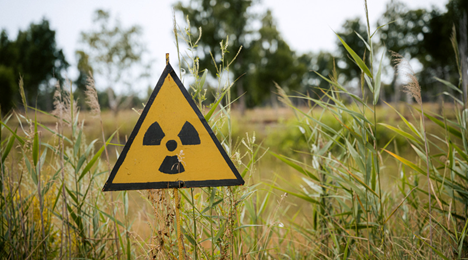
Past disasters show public concern surrounding nuclear energy is legitimate, but better regulation could help allay fears.
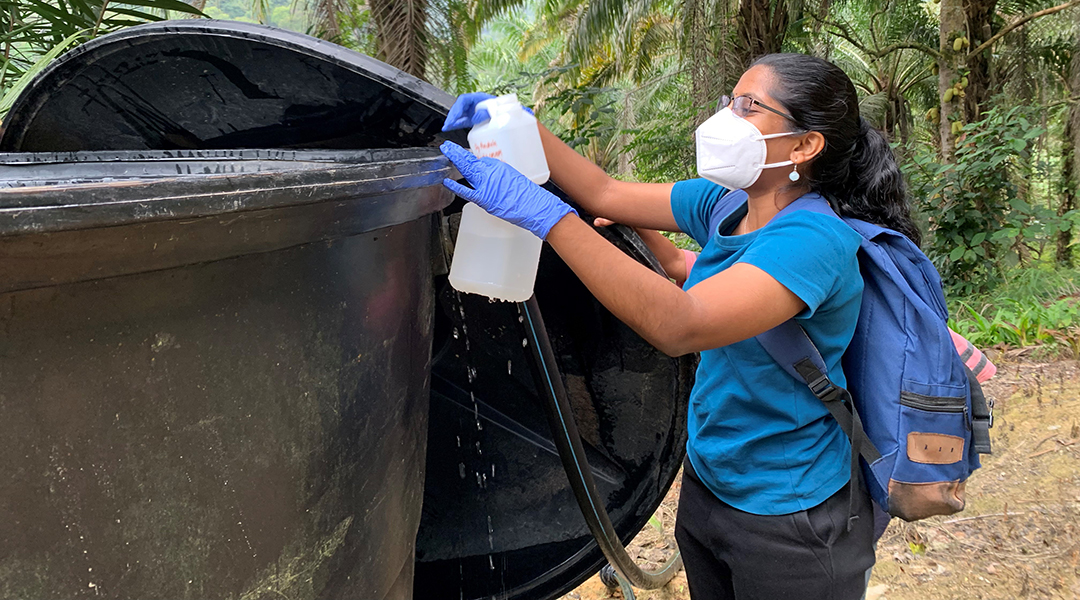
Water scarcity is not some far off consequence of the climate crisis. To overcome it, overriding our obsession with freshwater and embracing wastewater will be necessary.

We need a means of reducing carbon emissions and tackling the climate crisis, but is painting nuclear energy and natural gas as “sustainable” the way forward?
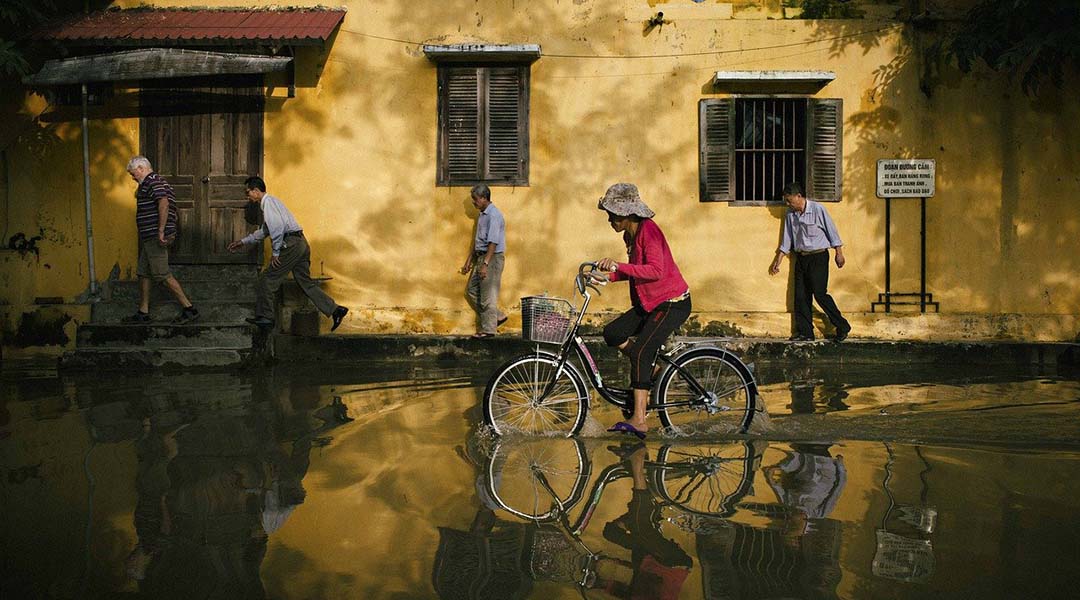
Stories that frame the climate crisis solely as a global problem can have unintended consequences, such as hiding local vulnerabilities.

Shrouded in the language of computers, the key is to figure out how to work with, and not blindly rely on, AI.
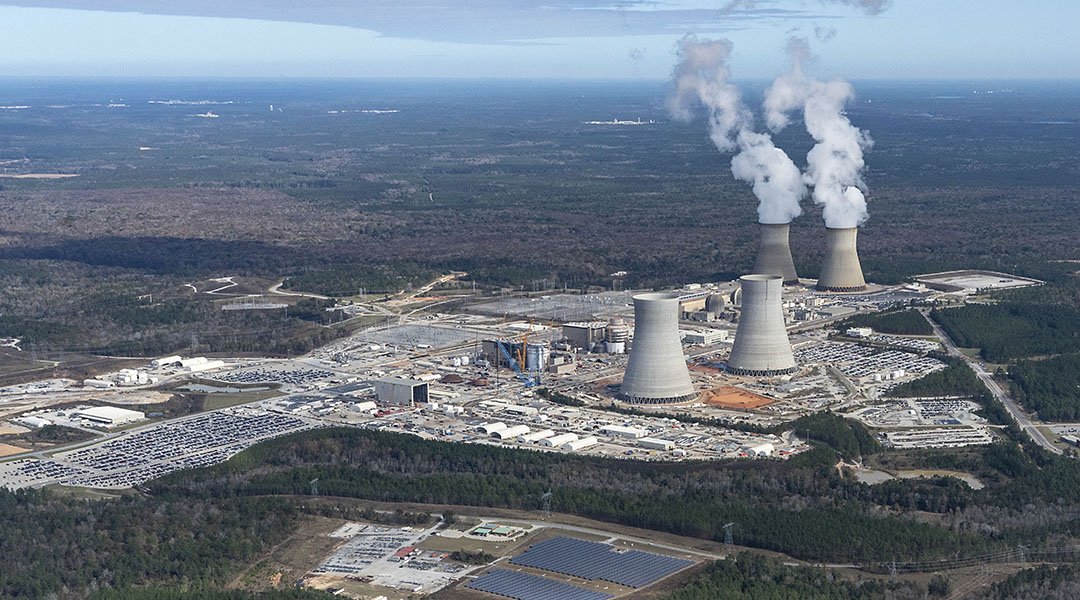
Many believe that small modular reactors will help solve the energy crisis, but this belief is grossly optimistic.
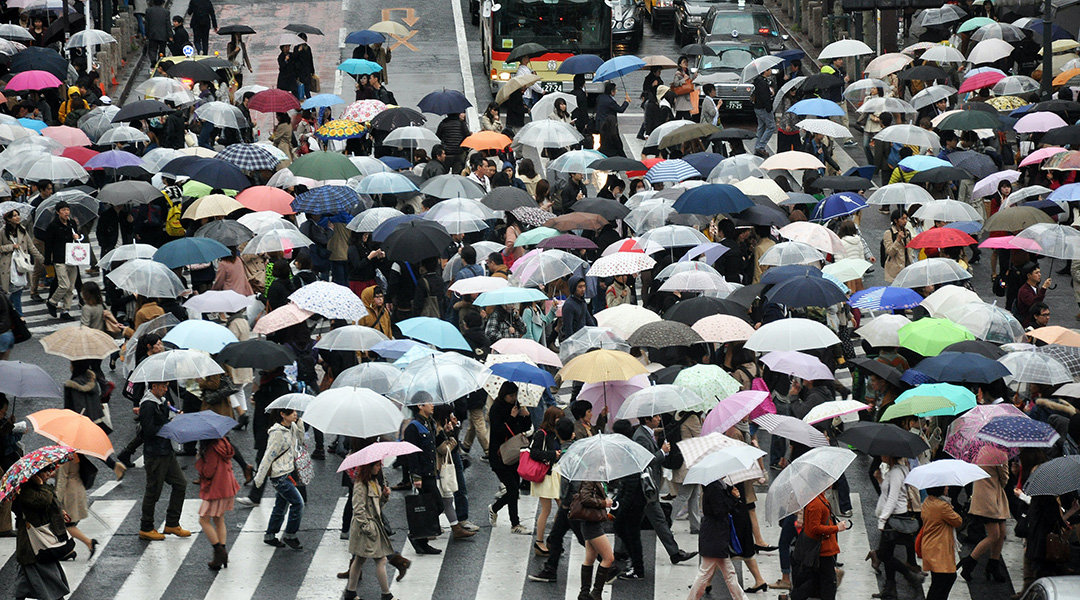
Scientists and climate ethicists argue that more attention needs to be given to population growth’s role in the climate crisis.
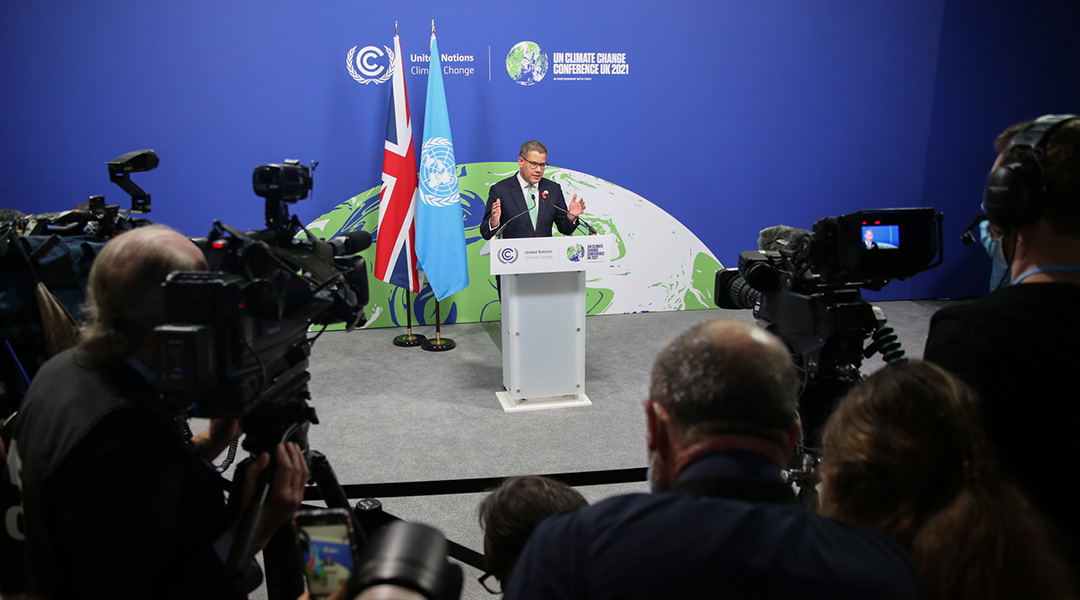
Pledges provide hope that the climate crisis is being taken seriously, but whether words will translate into reality is yet to be seen.
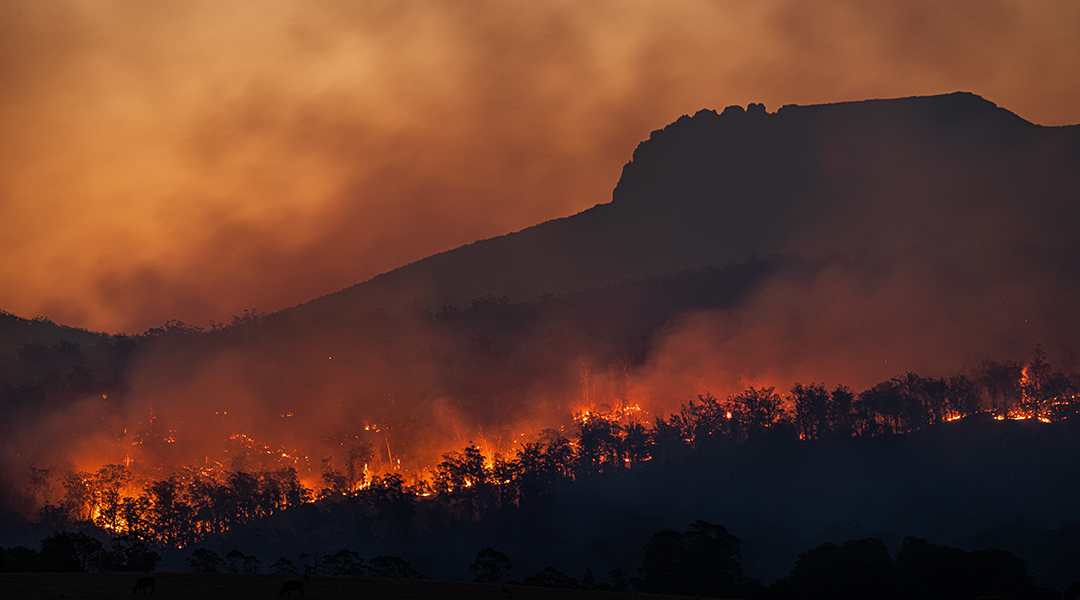
The climate crisis is predicted to trigger mass migration, but burning questions remain that research needs to answer.